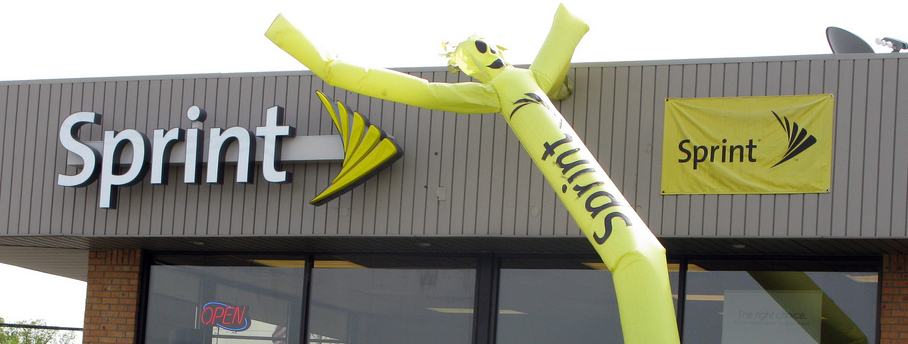Sprint To Pay $7.5 Million To Settle Do-Not-Call Violations
While the Do-Not-Call rules do allow for companies to contact consumers with whom they have an existing business relationship, the company must also institute certain minimum standards for maintaining a list of consumers who opt out of receiving calls made by or on behalf of that company. That’s why you now frequently see opt-in/out boxes about receiving promotional calls/texts/e-mails when you agree to a company’s terms of sale.
But according to the FCC’s Consent Decree [PDF], the FCC’s Enforcement Bureau began investigating Sprint in 2009 in response to consumer complaints about, among other things, receiving telemarketing calls even though they had opted out of receiving these calls from the company.
During the initial investigation, Sprint blamed the problem on an equipment malfunction, saying its servers were not properly processing DNC requests from consumers. And so in 2011, Sprint agreed to report and additional instances of noncompliance to the FCC for a period of two years.
Thus, in March 2012, Sprint admitted to the FCC that it had discovered additional issues resulting in possible violations of the DNC rules. In addition to more technical issues, Sprint also blamed good ol’ human error as one of the reasons it was failing to fully comply with the DNC and do-not-text requests from consumers.
To minimize the damage, Sprint put the brakes on its telemarketing and texting campaigns while it sorted out the problem. Its own investigation turned up even more possible violations, which were then reported to the FCC.
Since then, the wireless company claims to have made a significant investment to implement improvements to its telemarketing compliance. This includes the creation of a single, centralized system that accurately records the preferences of all consumers with respect to telemarketing by Sprint and the third-party vendors that work on behalf of Sprint.
“We expect companies to respect the privacy of consumers who have opted out of marketing calls,” said Travis LeBlanc, Acting Chief of the Enforcement Bureau. “When a consumer tells a company to stop calling or texting with promotional pitches, that request must be honored.”
Want more consumer news? Visit our parent organization, Consumer Reports, for the latest on scams, recalls, and other consumer issues.


